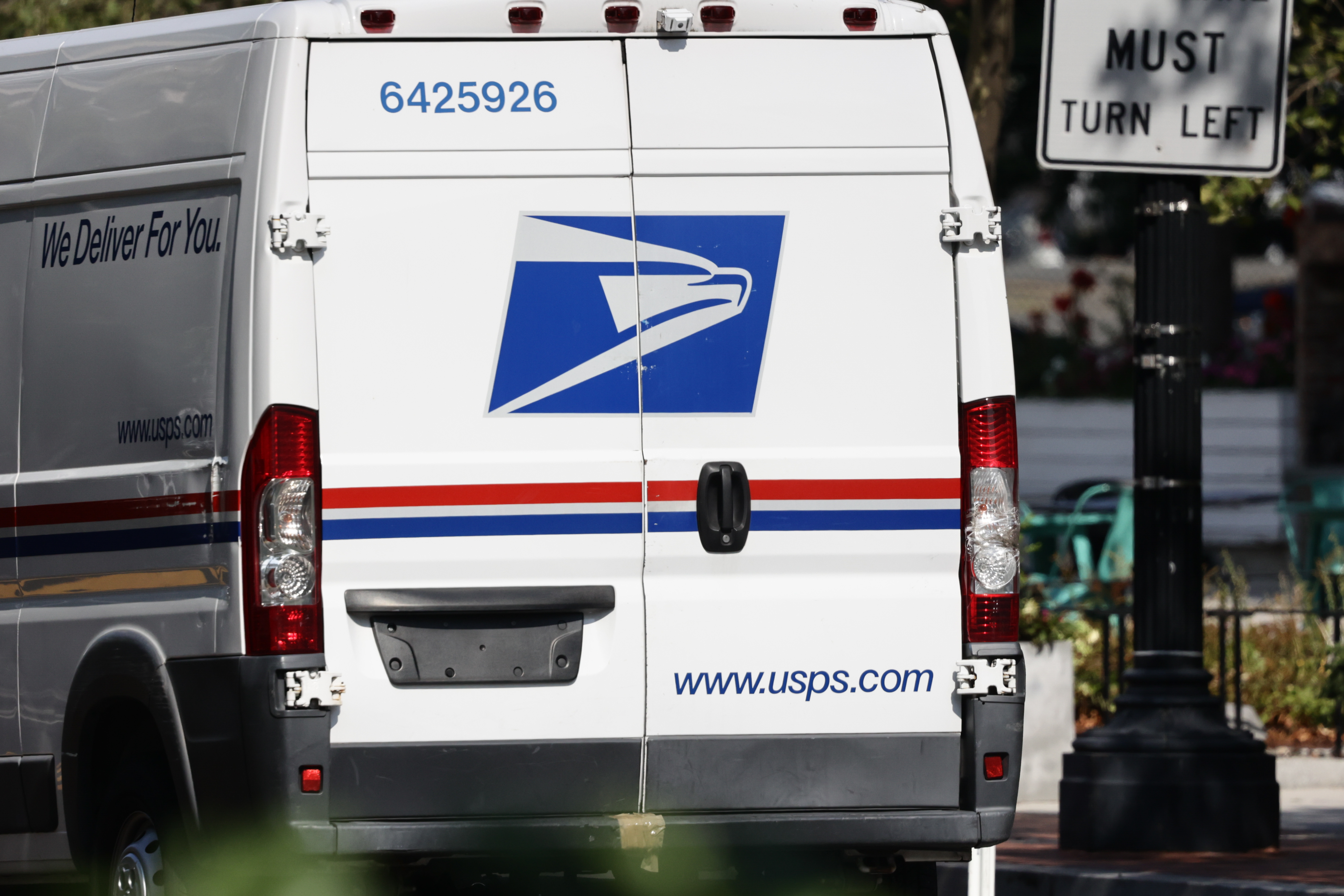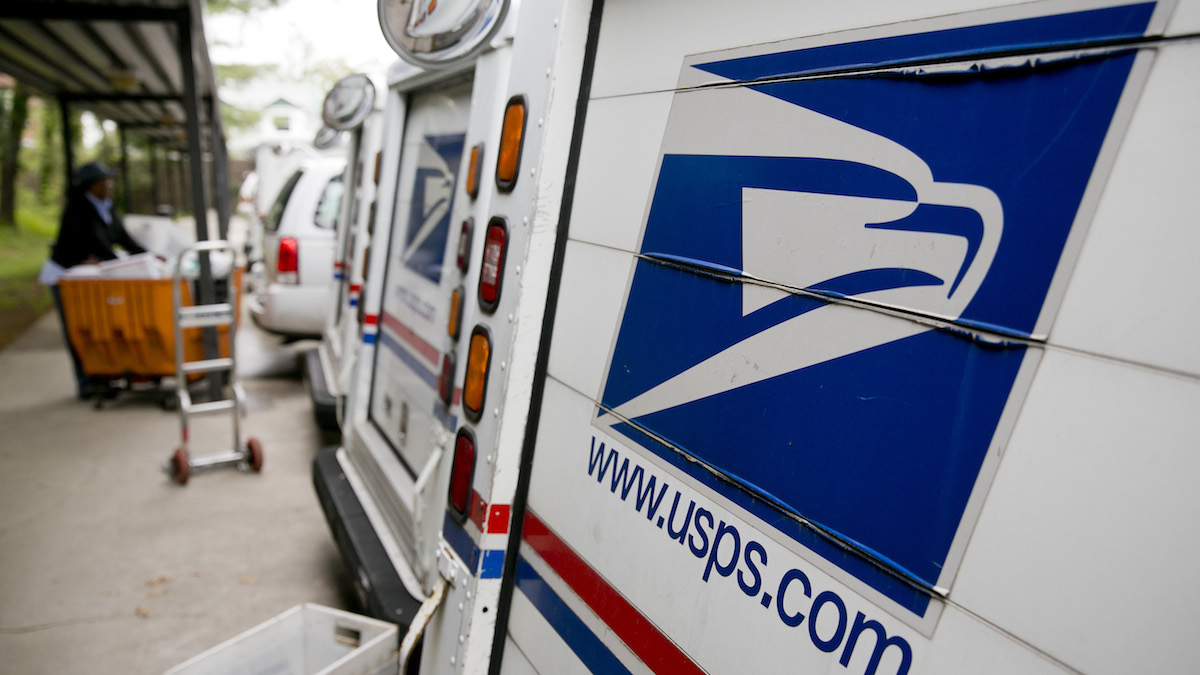
The U.S. Postal Service said Wednesday that it is ending discounts that shipping consolidators such as UPS and DHL use to get packages to the nation's doorsteps, in a move meant to help the Postal Service slow losses but that could see the higher costs passed on to consumers.
Consolidators move about 2 billion packages through the Postal Service each year — accounting for roughly a quarter of its total parcel volume — and the change will boost postal revenues and efficiencies while encouraging shippers to simply use Postal Service services such as Ground Advantage, U.S. Postmaster General Louis DeJoy told The Associated Press.
He insisted the move is aimed at financial sustainability even though it could boost Postal Service market share and make it more costly for consolidators, who could pass on the costs to consumers.
“I’m not trying to take over the package business. I’m just trying to save the mail business,” he said.
Get top local stories in Southern California delivered to you every morning. >Sign up for NBC LA's News Headlines newsletter.
The change is overdue, DeJoy said, as the Postal Service seeks to cut losses and deal with changing shipping habits following an 80% drop in first-class mail since 1997. Some consolidator agreements already have been renegotiated while others will be redrawn as contracts expire over the coming year, he said.
“Reevaluating these business arrangements is the right thing to do for the Postal Service and the American people. And of course, we will make agreements with consolidators who are willing to negotiate deals based upon a more rational use of our network in a fashion that is mutually beneficial,” he said.
The changes are part of the Postal Service’s efforts to boost its own Ground Advantage package shipments and to eliminate cheap access to its vast network for the most costly part of shipping — the final leg in which postal carriers make deliveries six days a week to 167 million addresses across the country, DeJoy said.
It affects shipping consolidators that drop off large numbers of packages at about 10,000 locations across the country. Under the new changes, the number of locations will be cut down to about 500 large hubs that are equipped to handle the volume, he said.
The move, signaled in a June filing with the Postal Regulatory Commission, is part of DeJoy’s ongoing efforts to eliminate budget shortfalls and improve efficiency as part of a 10-year plan to achieve financial sustainability.
It doesn't affect large shippers such as Amazon that negotiate deals directly with the Postal Service. But it could mean higher shipping costs for all sorts of products that are shipped by consolidators who have saved money by using the Postal Service network for final deliveries. Some of the big ones are DHL eCommerce and OSM Worldwide. UPS is another consolidator through SurePost and Mail Innovations.
The higher costs for tapping into the Postal Service’s vast network is bad news for consolidators, who have to find cheaper options or risk being dropped by businesses that choose to send products directly through the Postal Service and other carriers, said Satish Jindel, a shipping and logistics and president of ShipMatrix, which produces shipping software.
“Their days are numbered,” he said of consolidators.
Change is already afoot for some consolidators.
Pitney Bowes filed for bankruptcy protection effective next month for its e-commerce division. FedEx is eliminating its FedEx Smart Post that utilized the postal network, and converting it to FedEx Economy Ground using its own trucks and contractors.




